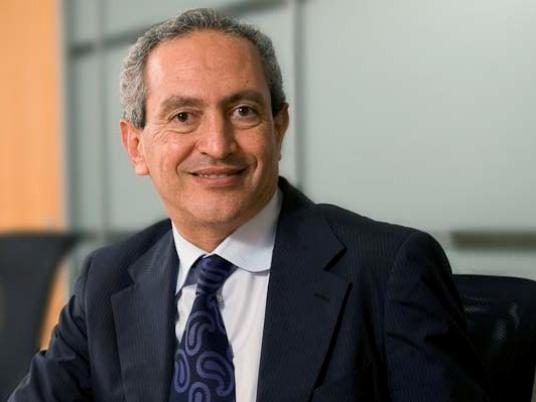US President Barack Obama’s choice of Cairo as the place to give his historic speech to the Islamic world in June 2009 did the Egyptian regime a major political favor. In return, Egypt’s state-run media cast the speech in a favorable light, as if it was an indirect apology for the Bush administration's failed policies–which aggressively prioritized Arab political reform as part of its War on Terror–during the previous eight years.
At the time, I commented on the speech in an article for Al-Shorouq (titled “How Long Will the Honeymoon Last?”) where I predicted that warm relations between Obama and Egyptian President Hosni Mubarak would be short-lived for two reasons. First, the Mubarak regime would continue to commit huge blunders on human rights and democratic principles, which would put the Obama administration in a difficult position, especially when compared to its predecessor. Second, American human rights groups, think tanks and media organizations would pressure the Obama administration to take a stand on the ongoing deterioration of Egyptian domestic politics.
Last week’s meeting between the bi-partisan Egypt Working Group and officials from the White House National Security Council illustrates the combined impact of these two factors. The meeting at the White House brought together several of Obama’s most important advisers on Egypt, human rights and democracy, as well as prominent figures in think tanks and human rights organizations. Its timing comes as the US administration increasingly feels that Egypt has been snubbing Obama and his senior advisers. The Egyptian regime makes promises it does not keep and offers false justifications for policies and practices that contradict its previous commitments, like its pledge to end the state of emergency, stop the harassment of civil society groups and ensure free and fair elections. Meanwhile, US civil society has taken a qualitative step forward on Egyptian issues, creating a new framework for joint action and adopting several methods to increase its pressure on the Obama administration.
Over the last six months, the Obama administration has issued statements on Egypt with a markedly stronger and more critical tone, particularly in regards to the Emergency Law extension and the murder of Khaled Said. These statements, along with the recent White House meeting, are signs of a slow, gradual shift towards a tougher US policy on Egypt.
The proposals discussed at the meeting–which largely conern the period between the November parliamentary elections and the 2011 presidential race–also reflect a move from verbal criticism to tangible pledges. They brought to mind the words of a senior US official, who told me at a meeting that “Egypt is in a transitional stage right now, and so is American policy toward Egypt.”
Although the timing and purpose of the White House meeting was ostensibly linked to Egypt’s upcoming parliamentary elections, it is difficult, perhaps impossible, to imagine it having any impact on the vote. The outcome of the elections has already been determined–all that remains is the official announcement of the results after 28 November, in favor of the ruling National Democratic Party.
There is another school that was not heavily represented at the White House meeting, though they continue to wield much influence over the general direction of American foreign policy: Realists who give absolute priority to US national security considerations. Adherents of this policy camp view Egypt as a pillar of American security interests in the region and are wary of any criticism of Egypt’s human rights record or progress towards democracy, lest it undermine the stability of the Egyptian regime.
The Israel lobby, which has much influence in Washington, is part of this camp. In collaboration with the Egyptian government, it actively tried to convince the Bush administration to ease demands for political reform in the Arab world, especially after the Egyptian Muslim Brotherhood and the Palestinian Hamas won significant parliamentary victories in 2005. Where the two camps meet, however, is in their profound uncertainty over Egypt’s future should Mubarak leave the political scene without naming a strong successor who is backed by the ruling elite. The potential for future instability was taken seriously in and out of the White House meeting and remains a source of anxiety for US officials of all political stripes. It also gives additional momentum to a change in American policy towards Egypt.
Bahey el-din Hassan is the director of the Cairo Institute for Human Rights Studies.




